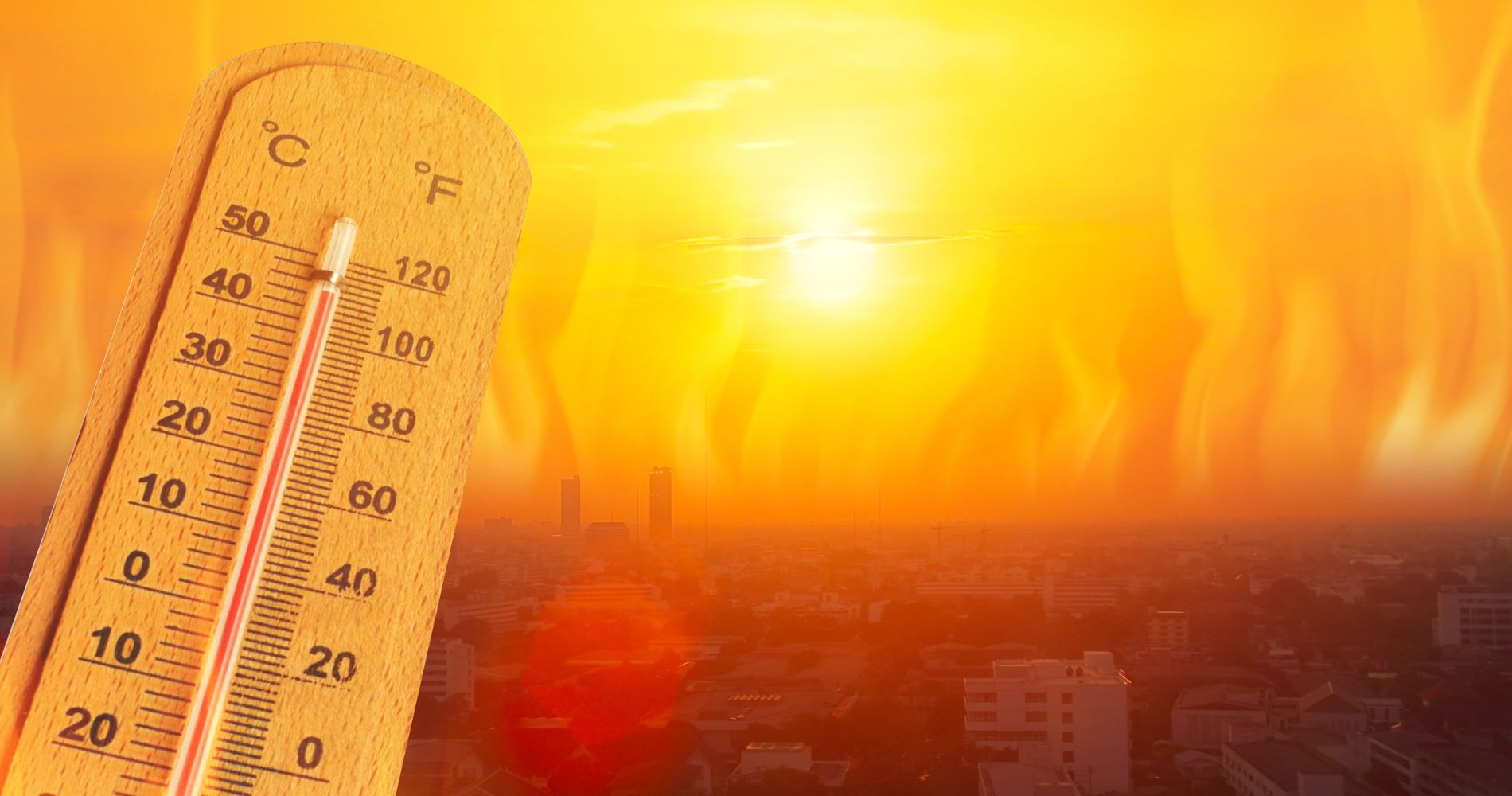Global Climate Attribution Report warns of catastrophic warming scenario beyond Paris Agreement targets and reveals that heat waves have already increased deaths among people over 65 by 167%.
With current emission reduction pledges, the planet is on track to reach average warming of up to 2.6°C by the end of the century. This trajectory far exceeds the 1.5°C ceiling established in the Paris Agreement and intensifies the phenomenon of heat waves, which have become the deadliest form of extreme weather event.
Current Emissions Pathway and Temperature Projections
2.6°C Scenario
According to the Global Climate Attribution (WWA) report in partnership with Climate Central, nationally determined contributions (NDCs) do not offer sufficient ambition to contain warming between 1.5°C and 2°C. If current targets are maintained, the world will reach 2.6°C of warming by 2100, with episodic peaks above that mark.
Impacts of Excess Warming
The additional 1°C increase relative to the 1.5°C scenario represents:
- 57 extra days of extreme heat per year;
- Collapse of sensitive ecosystems, such as coral reefs;
- Significant decline in agricultural productivity in tropical regions.
Heat Deaths Among the Elderly
Global Statistics
The report reveals an average increase of 167% in heat-related deaths among people over 65 when comparing the period 1990–1999 with 2014–2023. In 2024, heat waves caused approximately half a million deaths globally, with the elderly being the most vulnerable group.
Vulnerability Factors
The elderly face elevated risks due to:
- Reduced thermoregulatory capacity;
- Predisposition to cardiovascular and respiratory diseases;
- Mobility limitations and irregular access to air conditioning systems.
Adaptation and Mitigation Measures
Paris Agreement and Attribution of Responsibilities
The Climate Central report indicates that strengthening emission cuts to comply with the Paris Agreement could prevent dozens of extra days of extreme heat per year. Climatologist Friederike Otto states that “the lack of ambition will be paid for with the lives and livelihoods of the poorest populations”.
Infrastructure and Public Policies
Countries and cities must:
- Implement early warning systems for heat waves;
- Invest in climate shelters and community cooling centers;
- Expand urban green spaces to mitigate the heat island effect.
Outlook for Brazil
National Scenario
In Brazil, extreme heat events have been intensifying. Research titled “Heat-related deaths could double and mainly affect the elderly” projects that heat-related deaths in Latin America could more than double by 2050 under warming scenarios of 1°C to 3°C.
Ongoing Actions
The country is advancing with:
- Municipal climate resilience plans;
- Programs to replace conventional roofs with passive cooling technologies;
- Awareness campaigns for hydration and protection during critical hours.
The world is about to exceed 2.6°C of warming, with dramatic consequences for human health, especially among the elderly. The 167% increase in heat deaths among people over 65 requires integrated responses: urgent emission reductions, urban adaptation, and social protection policies. Success in this endeavor will determine the magnitude of future climate tragedies.







